Since February this year, citizens can report illegal landfills, burning tires, polluted air, and other environmental issues through the gReact system, for which the Ministry of Environmental Protection paid 165 million RSD.
Less than four months on, the Ministry decided that the system needed an upgrade worth just under 144 million RSD (including VAT). Public procurement expert Rade Đurić assessed this had been a case of wrong assessment by the Ministry during the initial procurement.
After this story was published, Minister Irena Vujović denied it. In an elaborate post on her Instagram profile, in addition to praising gReact, Vujović denied that they were not the owners. However, the documentation of the Ministry she is in charge of shows otherwise.
For more information read this story.
Lawyer Nevena Krivokapić from the SHARE Foundation says that one doesn’t generally pay a lot of money for a system of some kind, and then hand over copyright ownership to a company.
“If you hire someone to make something for you, which can be considered a work of authorship, and you pay them for it under contract, the first and foremost thing is that you will retain all the copyrights,” says Krivokapić.
The Ministry did not even resolve this during the upgrade, but demanded that the bidder, together with Tcom, provide “non-exclusive and non-transferable rights of using the gReact system” with no compensation whatsoever.
Lawyer Nebojša Bogdanović, whose expertise is copyright and property rights, explains that the Ministry cannot provide the software to third parties, while the company Tcom retains the right to do so.
“So Tcom says to the Ministry: ‘You have the right to use the system and only you can use that system and you must not let anyone else use it. And as for us, who made it, we’re giving it to you, but we can also give it to someone else, and that’s why it’s non-exclusive.’ If it were exclusive, then it would mean that it was for the Ministry only”, Bogdanović emphasizes.
Although he can find no fault with a company wanting to retain the rights for a system it created, he does take issue with what appears to be the Ministry investing in Tcom’s system, which this private company will then be able to sell and make money from it.
Krivokapić from the SHARE foundation also sees as controversial the fact that they are asking the company participating in the tender to resolve the issue of copyright ownership.
“If I sign up to upgrade that software as an IT company, I have to go to them [Tcom] to ask them for copyrights, they will ask me for huge sums of money, I won’t be able to pay, or they won’t give me the copyrights. And what then?”, asks Krivokapić.
Lawyer Ivan Ninić says that the rule on the prohibition of restrictions on competition has not been violated here, but that the software can basically be upgraded “only by someone who meets Tcom’s standards”.
What kind of improvements will citizens get for 144 million RSD?
Since the gReact system was established, citizens from all over Serbia have been able to report information about environmental issues to the Ministry. However, the initial procurement had provided for the system being introduced in just 12 out of 29 districts.
The new procurement envisages the implementation of gReact in a further 12 districts, including the City of Belgrade. In addition, the Ministry is acquiring new equipment and software upgrades.
Ninić suspects that it was known from the start that gReact would be upgraded:
“At the very beginning, the customer had to define their needs and scope (of work), to know what they were ordering, paying and what they required. If it had all been paid for at the start, it would have probably been cheaper, but with upgrades like this, there is no limit.”
BIRN and CINS already reported that the expensive purchase of the gReact system came three years after the previous system for reporting environmental issues was launched.
Today’s gReact mobile phone app also serves to promote the activities of Minister Irena Vujović, and the latest news is what the Minister said during the cleaning of the Sava River coast – that it is important to take care of our natural resources every day – and is dated 1 June of this year.
Apart from the mobile phone app (which has been downloaded by more than 1,000 users), another possibility for citizens to report an environmental issue is through the website. However, the website could not be found on Google, and a banner leading to it appeared on the Ministry’s website more than three months after the system had been activated.
The production of this story was supported by the Open Society Foundation, Serbia. The content of the story is the sole responsibility of CINS and does not necessarily reflect the views of the Open Society Foundation, Serbia.
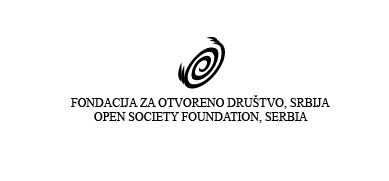
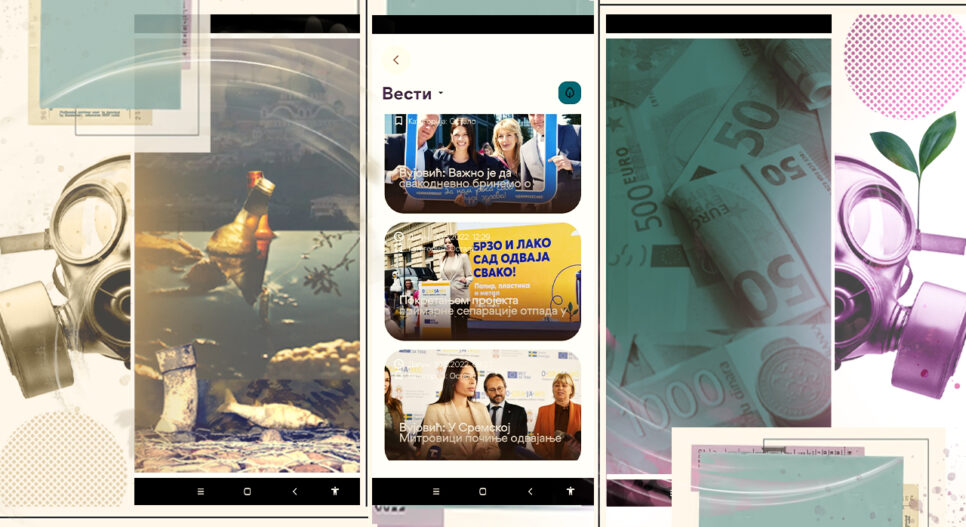
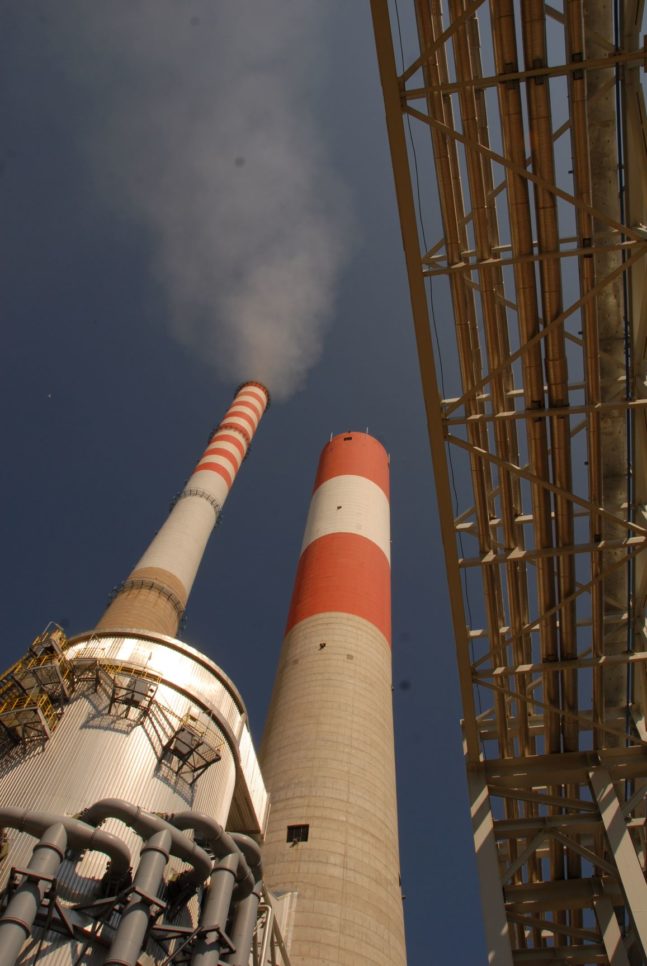
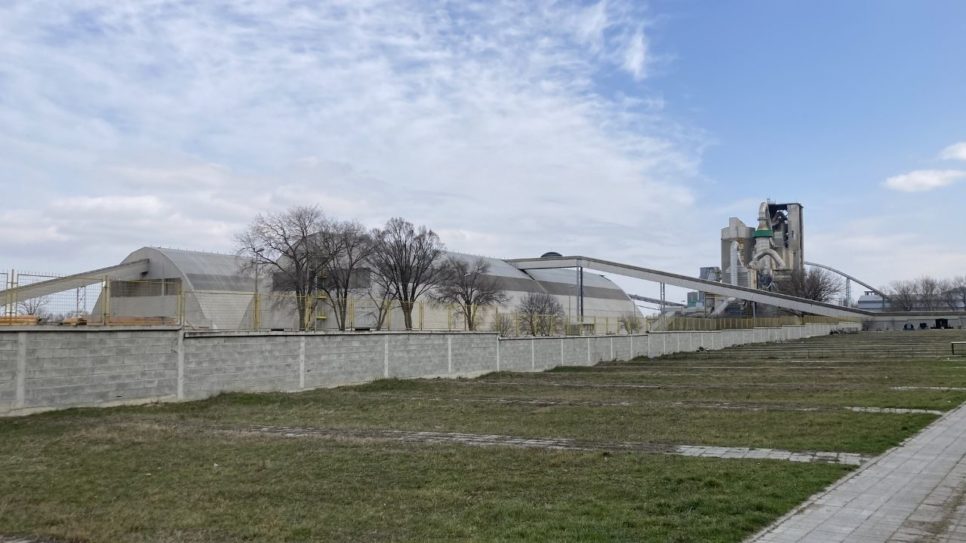
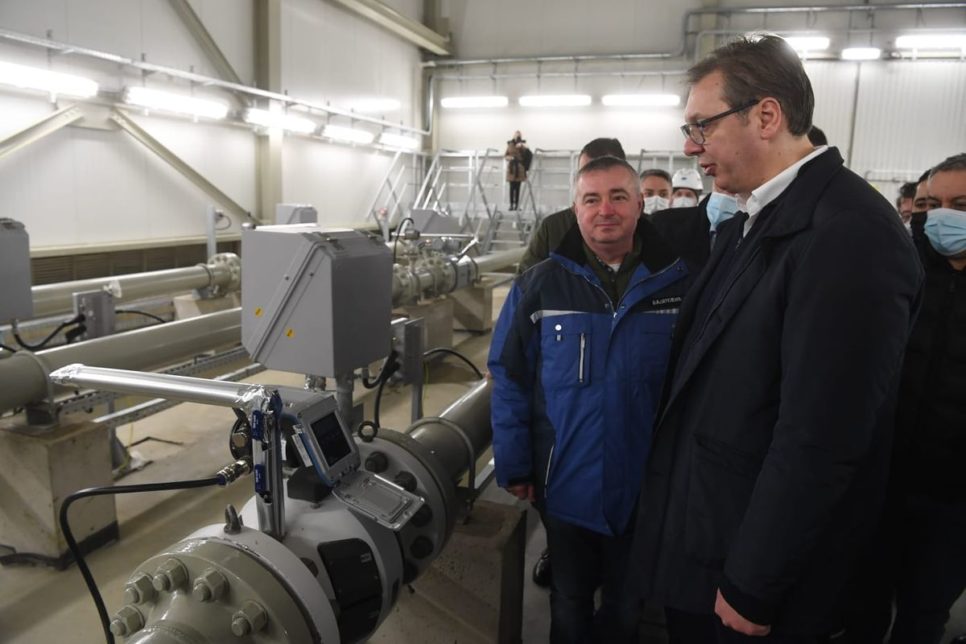

What do you think